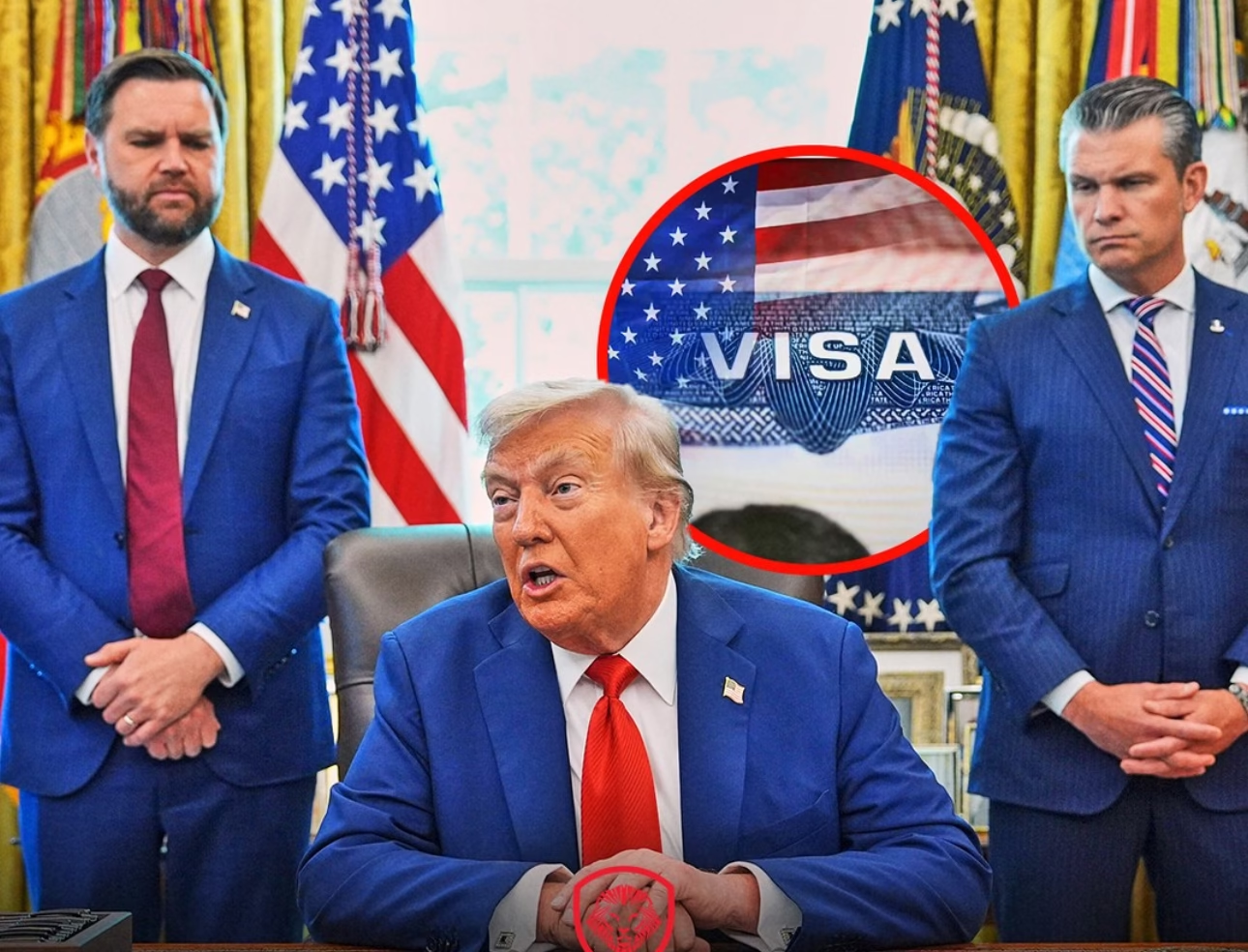US Introduces $250 “Visa Integrity Fee” — Tourists from India, Brazil, China, Mexico, Others Face Steeper Costs Starting October

Beginning October 1, 2025, the United States will introduce a new $250 “visa integrity fee” applicable to travelers from countries not part of the U.S. Visa Waiver Program, including India, Brazil, China, Mexico, and Argentina . Although the fee is federally mandated, some reports still cautiously phrase the implementation date as “may adjust … starting in October,” acknowledging formal administrative coordination is ongoing .
What’s Changing?
- The added $250 fee will raise the total cost of obtaining a U.S. nonimmigrant visa (for tourism, business, or study) to approximately $442, making it among the world’s most expensive visa costs .
- While visa-waiver travelers are exempt, they will face a higher ESTA fee, increasing from $21 to $40 .
Why This Matters
- Tourism Decline: The U.S. saw a 3.1% drop in international visitors in July 2025 compared to the same month last year—marking five consecutive months of decline—undermining expectations of a 2025 rebound above pre-pandemic levels .
- Economic Impact: International visitation spending is projected to fall from $181 billion in 2024 to less than $169 billion in 2025 .
- Market Growth at Risk: Emerging growth markets like Mexico (up ~14%), Argentina (+20%), and Brazil (+4.6%) could be severely impacted .
- Travel from India is down about 2.4% year-to-date, while China also reports sluggish recovery, with arrivals still 53% below 2019 levels .
- Broader Visa Actions: Coupled with this fee are proposed measures to shorten visa durations and even require bonds up to $15,000 for certain visitors .
Industry Fallout
Experts warn that additional costs and complexities could further deter travelers. Gabe Rizzi of Altour emphasizes:
“Any friction we add to the traveler experience is going to cut travel volumes by some amount.”
Small businesses and tourism promoters are also concerned. According to Geoff Freeman of the U.S. Travel Association, the fee is “a junk fee that would make Ticketmaster blush,” and may discourage families and students due to inflated costs .
Moreover, the Congressional Budget Office anticipates the fee could generate up to $28.9 billion by 2034, although the actual collection depends on the precise start date and enforcement mechanisms .
This policy marks another layer of financial and procedural hurdles for visitors, coming at a time when the U.S. is striving to regain international tourism momentum before major global events like the 2026 FIFA World Cup and the 2028 Los Angeles Olympics .
www.nsemgh.com

